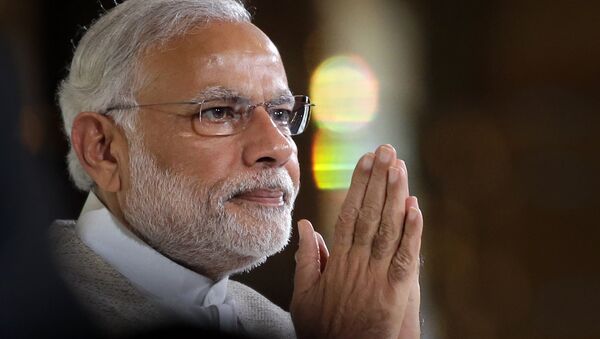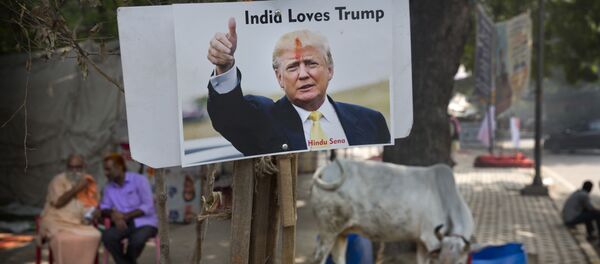The NFAP states that the median annual salary for H-1B visa holders is around $64,000 against $60,000 for US workers. The median salary for candidates with higher degrees can go up to $70,000.
President Trump, as well as many of his policymakers and cabinet members, has blamed the number of visas going to Indian-based companies as a political or policy reason to propose new immigration restrictions.
"The Government Accountability Office has found H-1B professionals generally earn the same or more than their US counterparts after comparing the median reported salaries of US workers and H-1B professionals in the same fields and age groups," the NFAP, a think-tank which is focused on research on immigration and employment issues said in a statement. (http://nfap.com/wp-content/uploads/2017/06/H-1B-Visas-by-the-Numbers-FY-2016.NFAP-Policy-Brief.June-2017.pdf)
The Indian information technology (IT) industry, estimated to be around $150 billion, is heavily dependent on H-1B visas to execute projects in the US, which is also the largest market for the country. Many large Indian IT companies are under scrutiny as well as financial stress following allegations by many US legislators of misuse of these visas.
The NFAP has questioned the US government's "Buy American, Hire American" policy which said that 80% of H-1B employees are paid less than the median wage in their fields.
The NFAP batted for an open trade and pro-immigration regime to maintain the US economy's competitiveness and edge over others.
"H-1B temporary visas are important as they are typically the only practical way a high-skilled foreign national working abroad or an international student educated in the United States can work long-term in America. At US universities, 77 percent of the full-time graduate students in electrical engineering and 71 percent in computer science are international students. Reforms to increase the labor mobility of H-1B visas, raise the employment-based green card quota and eliminate the per country limit would be welcome but are not currently on the agenda…. In today's global economy, companies and high-skilled professionals possess many options. The United States should maintain openness toward high-skilled immigration or those options likely will not be in America," the statement read.



